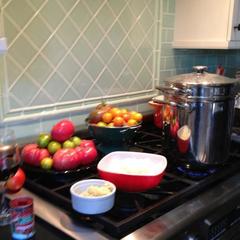-
Welcome to the eG Forums, a service of the eGullet Society for Culinary Arts & Letters. The Society is a 501(c)3 not-for-profit organization dedicated to the advancement of the culinary arts. These advertising-free forums are provided free of charge through donations from Society members. Anyone may read the forums, but to post you must create a free account.
Rating restaurants only on DINNER
-
Similar Content
-
- 289 replies
- 20,676 views
-
- 289 replies
- 20,676 views
-
- 2,619 replies
- 430,429 views
-
- 15 replies
- 341 views
-
- 7 replies
- 1,761 views
-
-
Recently Browsing 0 members
- No registered users viewing this page.






Recommended Posts